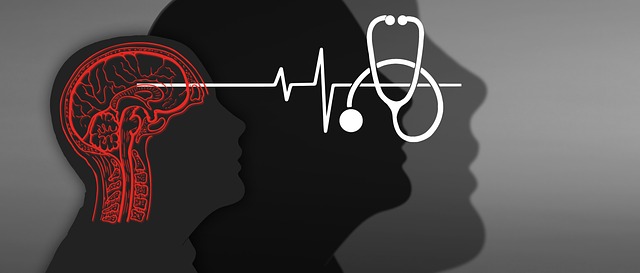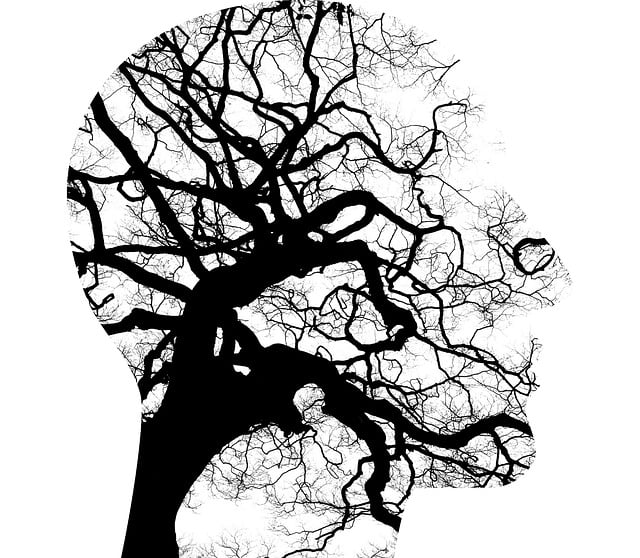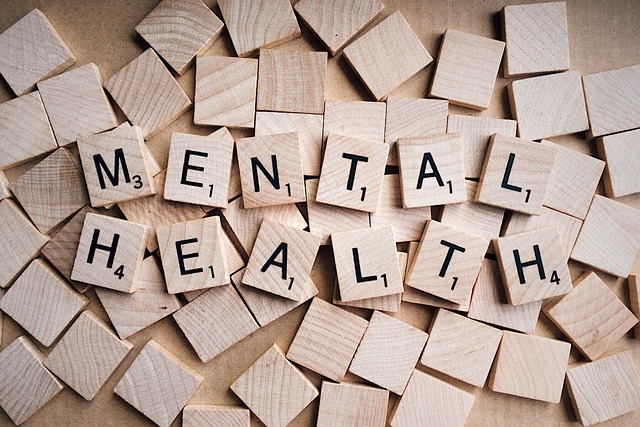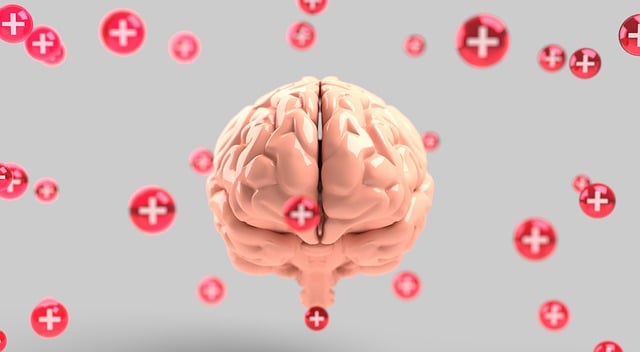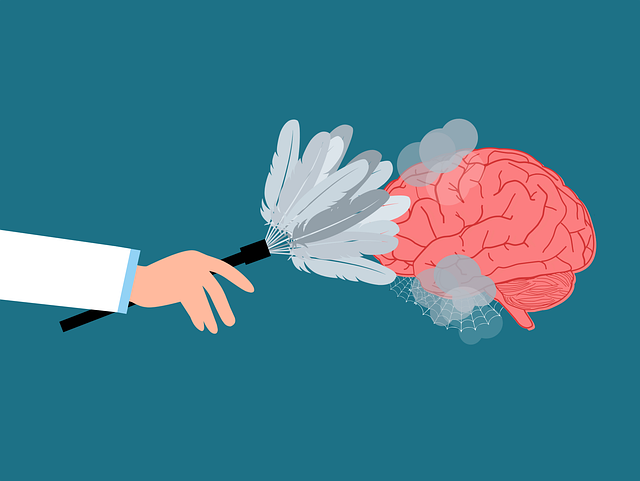TL;DR:
Stress management is vital for young adults with Conduct Disorder (CD), as chronic stress can exacerbate behavioral crises and negatively impact brain development. Effective therapy combines crisis intervention, risk assessments, individual/group support, and creative initiatives like podcast production. Techniques such as cognitive-behavioral therapy (CBT) teach individuals to challenge negative thoughts and develop healthier coping mechanisms. Integrating self-care practices like mindfulness meditation and regular exercise, alongside CBT, significantly improves mental wellness and emotional regulation in the long term. These comprehensive approaches empower young adults with CD to navigate challenges more effectively, promoting balance and better mental health outcomes.
Stress management techniques are crucial for young adults with conduct disorder (CD) to navigate their unique challenges. This article explores the profound impact of stress on this demographic and delves into the therapeutic approaches designed to empower them. We discuss the role of therapy in teaching effective coping strategies, practical daily habits for stress reduction, and the long-term benefits of maintaining mental well-being. By understanding these techniques, we can foster healthier outcomes for young adults with CD. Specifically, our focus is on the transformative power of therapy tailored to their needs, offering a game-changer in managing stress and promoting recovery.
- Understanding Stress and Its Impact on Young Adults with Conduct Disorder
- The Role of Therapy in Teaching Effective Stress Management Techniques
- Practical Strategies for Daily Stress Reduction and Coping Skills
- Long-term Benefits and Maintaining a Healthy Mental State
Understanding Stress and Its Impact on Young Adults with Conduct Disorder

Stress is a significant factor in understanding and managing young adults’ mental health, particularly those with Conduct Disorder (CD). This group often faces unique challenges that can exacerbate stress levels, leading to potential crises if left unaddressed. The impact of chronic stress on brain development and behavior is well-documented, especially during adolescence. Young adults with CD may struggle with impulse control, aggression, and a higher risk of engaging in risky behaviors due to the disorder’s inherent nature.
Therapy for young adults with CD often involves Crisis Intervention Guidance and Risk Assessment for Mental Health Professionals to navigate these complex cases effectively. A comprehensive approach that includes individual therapy, group support, and even Mental Wellness Podcast Series Production can help them develop coping strategies to manage stress. By teaching these individuals to recognize and understand their triggers, they can gain valuable tools to enhance their mental wellness and overall resilience.
The Role of Therapy in Teaching Effective Stress Management Techniques

Therapy plays a pivotal role in equipping young adults with effective stress management techniques. For individuals grappling with conduct disorders, therapy offers a structured space to explore and address underlying issues contributing to their stress. Through tailored therapeutic approaches like cognitive-behavioral therapy (CBT), clients learn to identify and challenge negative thought patterns, replace them with healthier alternatives, and develop coping skills that promote emotional healing processes.
Incorporating evidence-based practices, therapists guide young adults in navigating their emotions, enhancing self-awareness, and cultivating resilience. This process goes beyond mere stress reduction; it empowers individuals to manage challenges proactively and foster overall well-being. Moreover, therapy for conduct disorders can contribute to public awareness campaigns development by sharing insights into the impact of stress on vulnerable populations, thereby encouraging broader societal support for mental health initiatives.
Practical Strategies for Daily Stress Reduction and Coping Skills

Managing stress effectively is a vital skill for young adults, especially those navigating challenges like Conduct Disorder. The good news is that there are numerous practical strategies to reduce daily stress and develop healthy coping mechanisms. One powerful tool is mindfulness meditation, which helps individuals focus on the present moment, calming their minds and reducing anxiety. Incorporating regular exercise into one’s routine is another excellent stress reliever; physical activity releases endorphins, improving mood and overall mental wellness.
Additionally, therapy plays a crucial role in teaching young adults coping skills tailored to their unique needs. Cognitive Behavioral Therapy (CBT) is an effective approach for managing Conduct Disorder symptoms, focusing on identifying and changing negative thought patterns and behaviors. By combining CBT with stress management techniques, individuals gain valuable tools to navigate challenging situations and improve their mental health education programs design.
Long-term Benefits and Maintaining a Healthy Mental State

Learning effective stress management techniques can have profound long-term benefits for young adults facing challenges like Conduct Disorder. By incorporating these strategies into daily life, individuals can enhance their overall mental wellness and resilience. Therapy sessions specifically tailored to this demographic often focus on teaching self-care practices that foster a sense of calm and control. These practices, when consistently applied, can significantly reduce stress levels and improve emotional regulation, which is crucial for managing Conduct Disorder symptoms.
Maintaining a healthy mental state becomes more achievable with the integration of self-care and mindfulness techniques. Regular participation in activities like meditation or engaging in creative outlets can serve as powerful tools for stress reduction and empathy building. The Mental Wellness Podcast Series Production has also gained popularity, offering accessible resources and strategies to support young adults in their journey towards better mental health. By combining professional therapy with personal Self-Care Practices and community resources, individuals equipped with these skills can navigate life’s challenges more effectively, fostering a sense of balance and overall well-being.
Stress management techniques are invaluable tools for young adults with conduct disorder, offering a path towards improved mental health and well-being. Through therapy and practical strategies, individuals can learn to navigate stressors effectively, fostering resilience and promoting long-term benefits. By integrating these teachings into daily life, they can break negative patterns and create a healthier, more balanced future. This approach, tailored for those facing conduct disorder challenges, is a powerful game-changer in managing stress and nurturing mental strength.


